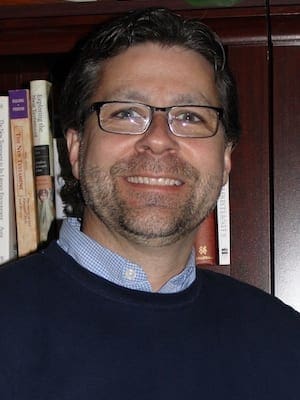In his 1967 book, “Where Do We Go from Here: Chaos or Community?” Martin Luther King Jr. described the state of the civil rights movement in America and the state of white America’s acceptance of African Americans.
“With Selma and the Voting Rights Act one phase of development in the civil rights revolution came to an end. A new phase opened, but few observers realized it or were prepared for its implications,” he asserted. “For the vast majority of white Americans, the past decade – the first phase – had been a struggle to treat the Negro with a degree of decency, not of equality.”
“White America was ready to demand that the Negro should be spared the lash of brutality and coarse degradation, but it had never been truly committed to helping him out of poverty, exploitation or all forms of discrimination,” King continued.
“The outraged white citizen had been sincere when he snatched the whips from the Southern sheriffs and forbade them more cruelties. But when this was to a degree accomplished, the emotions that had momentarily inflamed him melted away.”
“White Americans left the Negro on the ground and in devastating numbers walked off with the aggressor,” he concluded. “It appeared that the white segregationist and the ordinary white citizen had more in common with one another than either had with the Negro.”
King captured what I believe continues to be the great sin of our world. In these insightful and prophetic remarks, he offered a portrait of the repetitive state of humanity that is blinded by the promotion of exclusion.
Certainly we live in a world that is saturated with oppression, hatred and violence, but King’s words draw our attention to a sin more subtle than the sins of hatred, violence and exclusion.
Many believe that the answer to hatred and bigotry is tolerance. When confronted with others who are not like us, we are told to bear with the differences we have and to merely tolerate them.
But tolerance is very shortsighted because it does not go far enough. Those who preach tolerance to us are not promoting the fullness of God’s love in Christ.
The irony is that those who preach against tolerance and those who preach in favor of tolerance have made the same grave mistake. One side considers tolerance an evil construct of a pluralistic world while the other considers tolerance the answer, the height of humanity’s progress.
No one doubts that King delighted in the fact that white Americans were being convinced that the brutality carried out against African Americans was immoral. But in the words quoted above, King was also lamenting the fact that this is not enough; it fell short of what it needed to be.
So where does the answer to the sin of exclusion rest?
Should we separate ourselves from those not like us, which only reinforces our stereotypes and increases our hatred of others? Or should we accept the mediocrity of tolerance by gritting our teeth and bearing with others not like us while keeping them at arms’ length?
The biblical answer lies neither in abandonment nor the reluctant acceptance of tolerance, but in the activity of God in Christ who excludes no one and who does not merely tolerate us but fully embraces us.
True community is not the product of removing exclusion and replacing it with tolerance. Rather, the gospel of God in Christ calls us to move beyond mere tolerance to full and vulnerable embrace.
In the final pages of “Where Do We Go from Here: Chaos or Community?” King wrote these words: “We are now faced with the fact that tomorrow is today. We are confronted with the fierce urgency of the now. In this unfolding conundrum of life and history there is such a thing as being too late.”
“Procrastination is still the thief of time,” he continued. “We still have a choice today: non-violent coexistence or violent co-annihilation. This may well be mankind’s last chance to choose between chaos and community.”
The time is now. We must redeem the time that has been lost to exclusion, oppression, hatred and violence. We must repent of our sin of exclusion and our sin of mere tolerance. We must choose between chaos and community.
Choosing the way of chaos will lead to our destruction. But choosing the way of community will lead us to embrace the world through love, justice, forgiveness, humility and peace.
Through this practice of vulnerable embrace, we can foster the common good of all humanity and build what King called the “beloved community.”
Drew Smith, an ordained Baptist minister, is director of international programs at Henderson State University in Arkadelphia, Ark. A longer version of this column first appeared on his blog, Wilderness Preacher, and is used with permission. You can follow him on Twitter @wildernespreach.
Assistant Director of the Honors College at Henderson State University in Arkadelphia, Arkansas.

